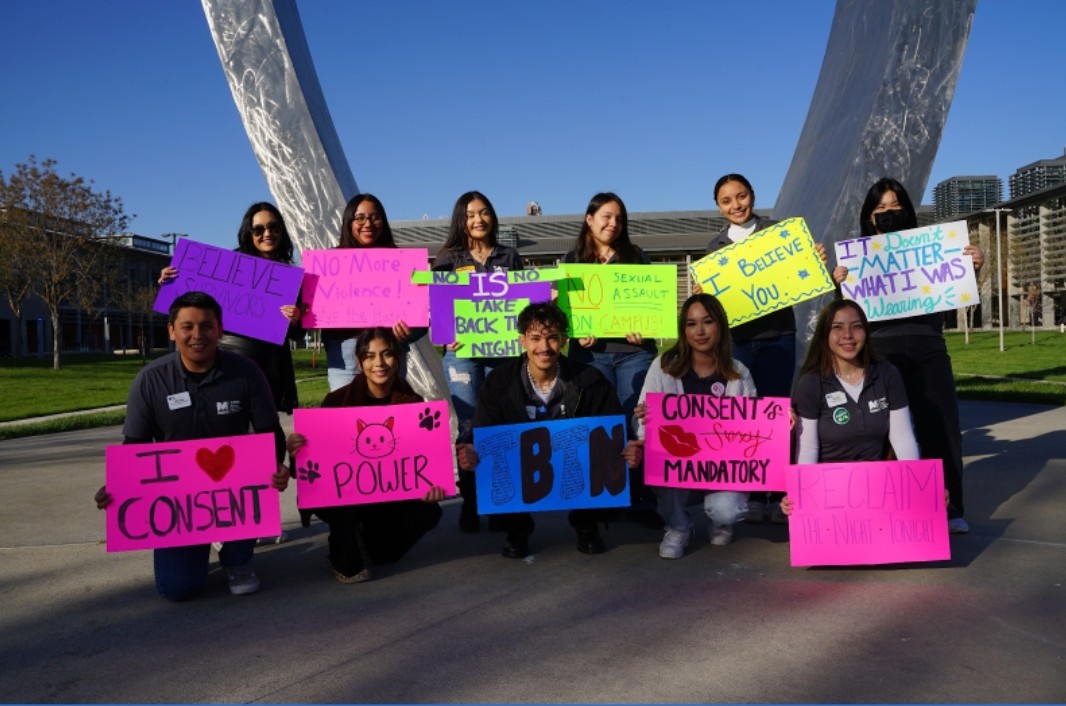
What can you do?
- To help, we have developed the “3-Ds”. A tool that can help anyone intervene when they suspect something is occurring, while also keeping your safety in mind:
-
Direct: When we suspect something is or is going to happen, we directly approach the situation. This can be exemplified by telling the person who you think is doing the hurting to stop or bringing direct attention to them. We can also be direct by bringing attention to the person who you think is being hurt and asking them if they are ok or need help.
-
Distract: For those not comfortable with being direct, we also recommend intervening by distracting. By distracting, we are changing the subject, diffusing the situation by changing the location, topic, or separating the individual(s). This is exemplified by interrupting the individuals and asking, “Hey, do you know where the library is?”, “Do you know what they are serving at the pavilion?” or, in case of a party, dancing between the individuals.
-
Delegate: By delegating, we are asking for help from others to address the situation, such as asking a friend to help intervene or asking an authoritative figure (an RA in the dorm halls, Professor/TA in the classroom, or Cat Cop) to intervene on your behalf.
-
- Change the Culture
- Challenge victim-blaming statements and jokes about rape, stalking, and abusive relationships. Examples can be “What were they wearing?”, “Don’t drop the soap”, “I’m Instagram stalking this person”, or “Wifebeater” when you mean a tank top. When people make these types of statements, they are essentially sending the message that what the perpetrator did was okay.
- Attend educational programs and training to learn more about the complexities of interpersonal violence, such as how to recognise the signs, how to intervene, and what resources are available for help.
- Model healthy relationships/ interactions with others and treat others with respect.
- Promote posters, fliers, brochures, and buttons from the CARE office or the Valley Crisis Center.

